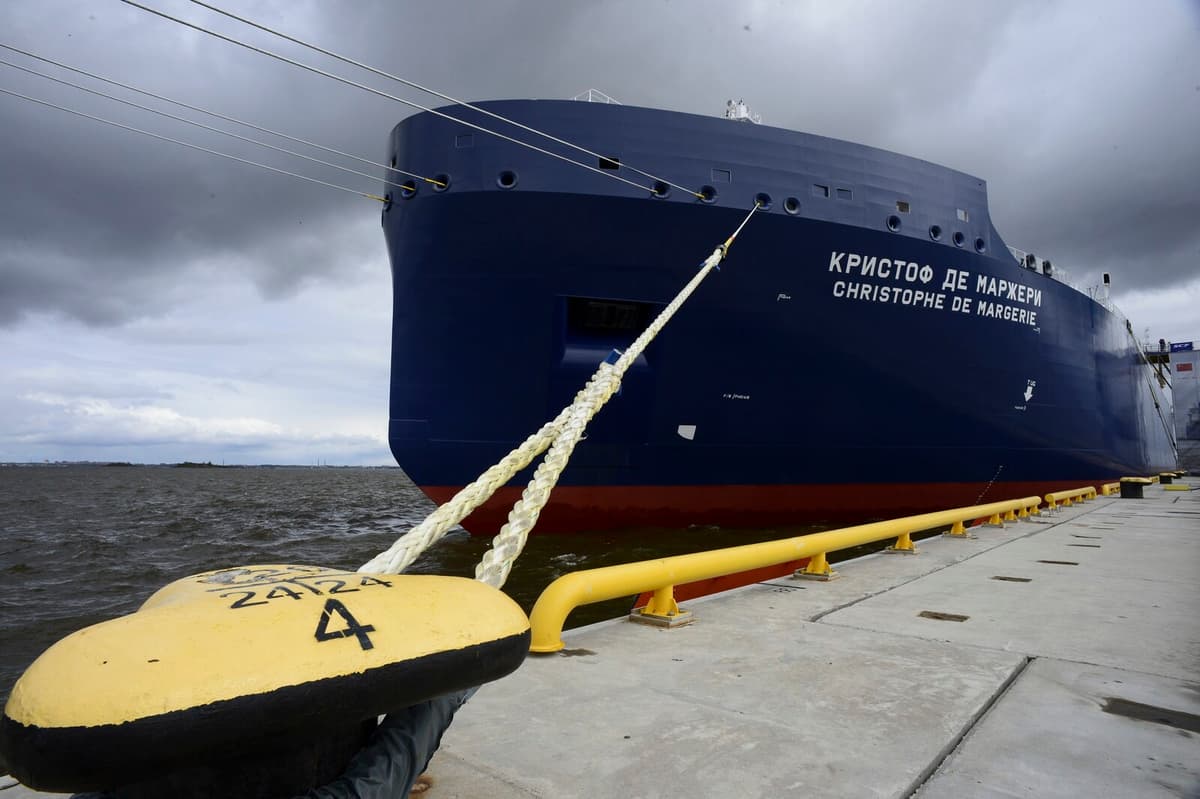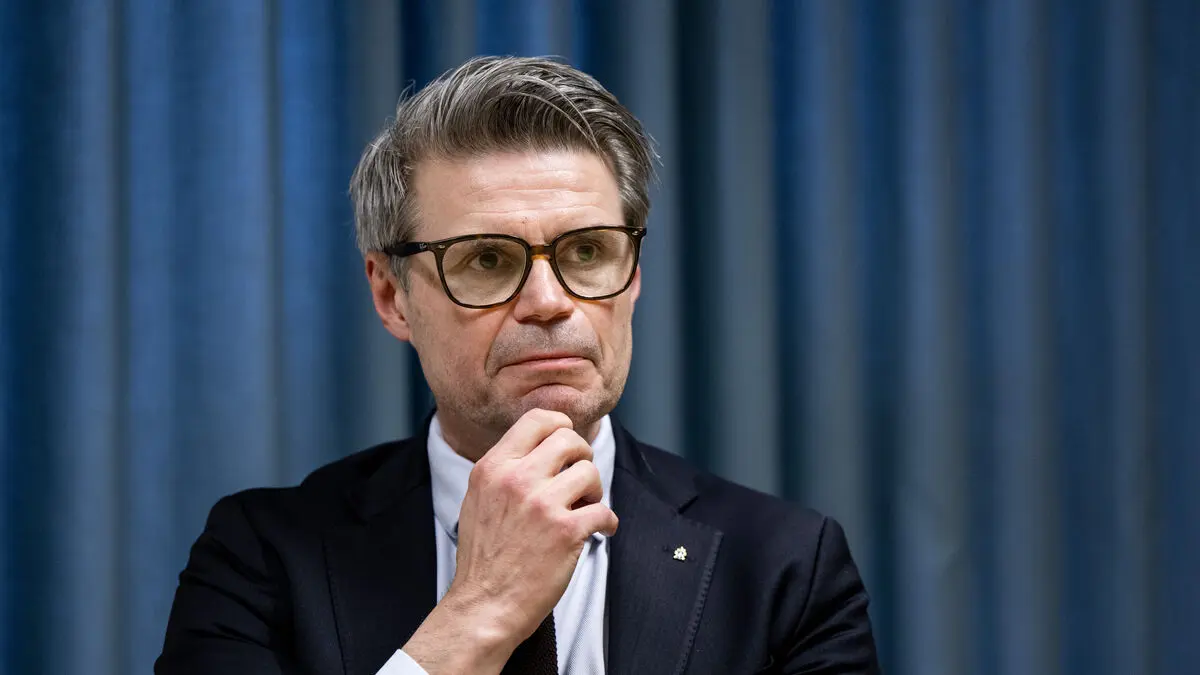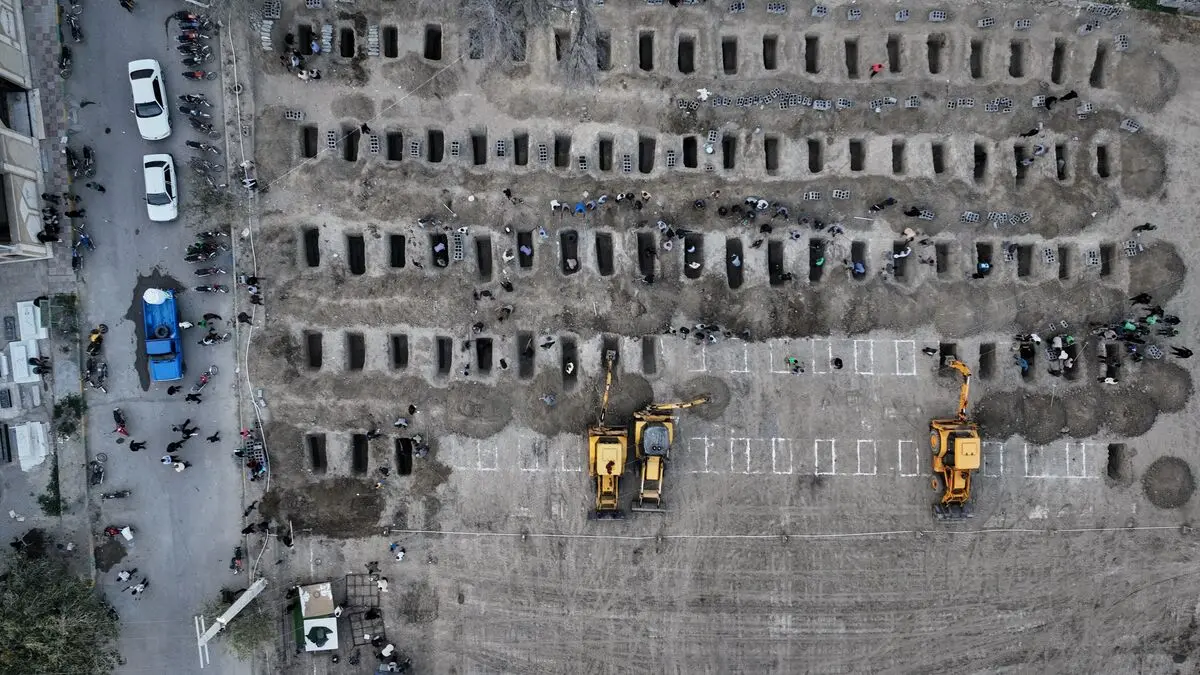After the outbreak of the large-scale war in Ukraine, the EU, to punish Russia, has gradually tightened imports from there. This concerns fossil fuels such as coal and oil. But even gas has now largely stopped flowing through the pipelines that existed, among other things, in the Baltic Sea and through Ukraine.
Instead, EU countries are buying more and more LNG, i.e. fossil gas that has been cooled down to a liquid form for sea transport. These deliveries come from countries such as the USA, Norway – and Russia.
Long detours
Russia is using 15 specially built tankers for this trade. They are called Arc 7, after the ice class that allows them to traffic the gas harbor Jamal in northernmost Russia even during harsh winters. It is then that trade is most important for Vladimir Putin's regime, since prices are at their peak.
14 of the 15 vessels have received regular service, which is necessary for such demanding routes, at the Damen shipyard in Brest, France, and Fayard on Funen in Denmark. This is what The Financial Times (FT) writes, citing, among other things, Kpler, a company that tracks vessel movements.
If the two shipyards did not let the vessels in, the entire logistics would be at risk, says Malte Humpert, an expert on Arctic sea routes at High North News, to FT.
They could get service somewhere else, but it would mean long detours.
Not Russian-flagged
For example, the vessels could instead of taking the western route to Europe from Jamal, turn east and take the famous Northeast Passage to Asia. There are both shipyard opportunities and demand for gas. But a crucial problem for Russia is that the winter ice is so thick that not even Arc 7 ships can make their way through during the dark months, when demand is highest.
FT has sought out Danish Fayard, but has not received any comment. Damen in France confirms that they have serviced these vessels, but since they are not flagged in Russia, they are not breaking sanctions.
"We are not involved in the choices of cargo that the transport companies behind these vessels make", the company explains to the newspaper.
Arc 7 is a vessel classification that implies great ability to handle difficult winter conditions – according to Swedish ABB, the vessels should be able to make their way through even if the sea ice is over two meters thick.
The vessels' strength depends, among other things, on Azipod, a special, swivelable motor/propeller system that was developed in the 1980s by current ABB and Finnish colleagues.
ABB was involved and delivered Azipod when the now relevant 15 vessels were built in South Korea.
According to studies cited by FT, the vessels cost equivalent to over 3.5 billion kronor each.






